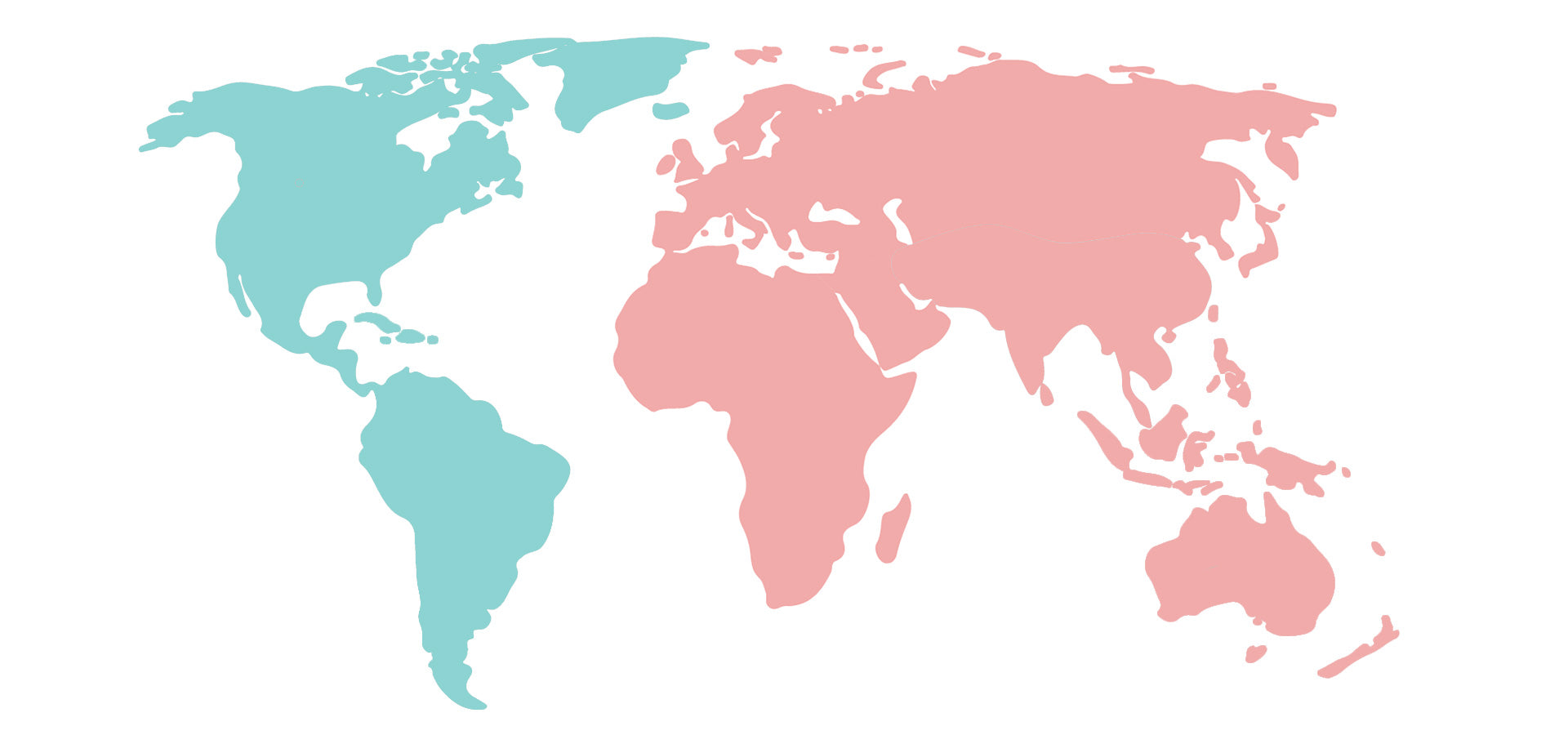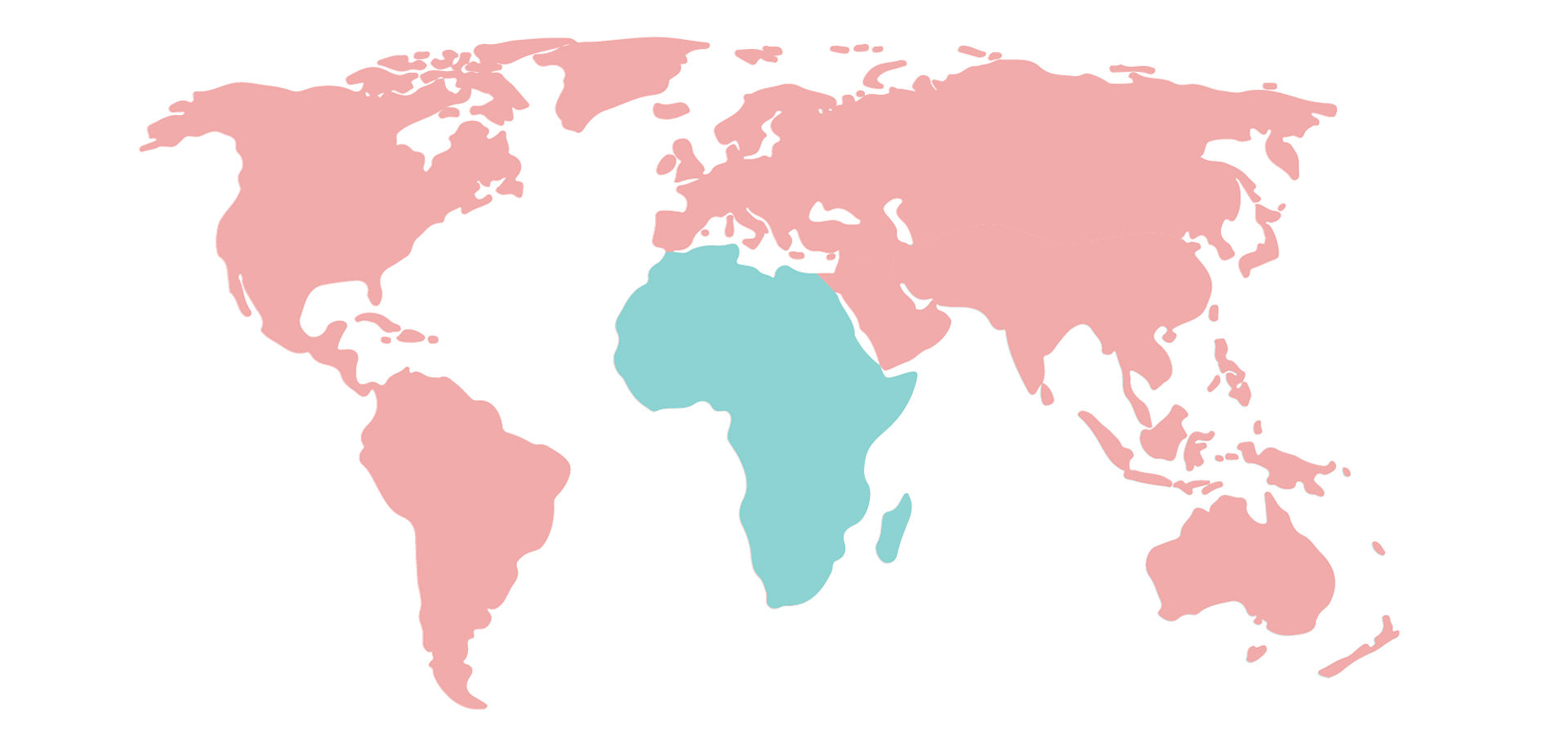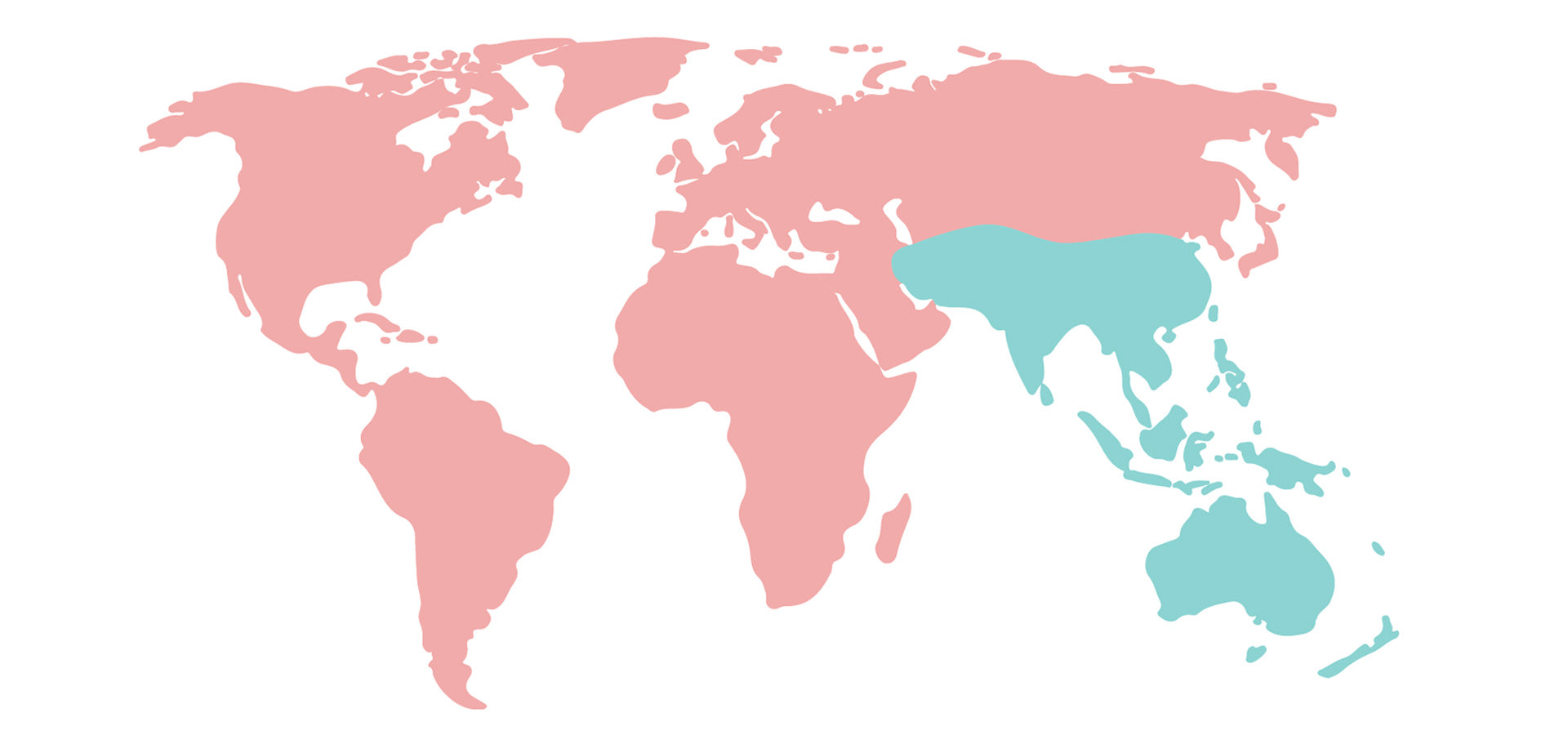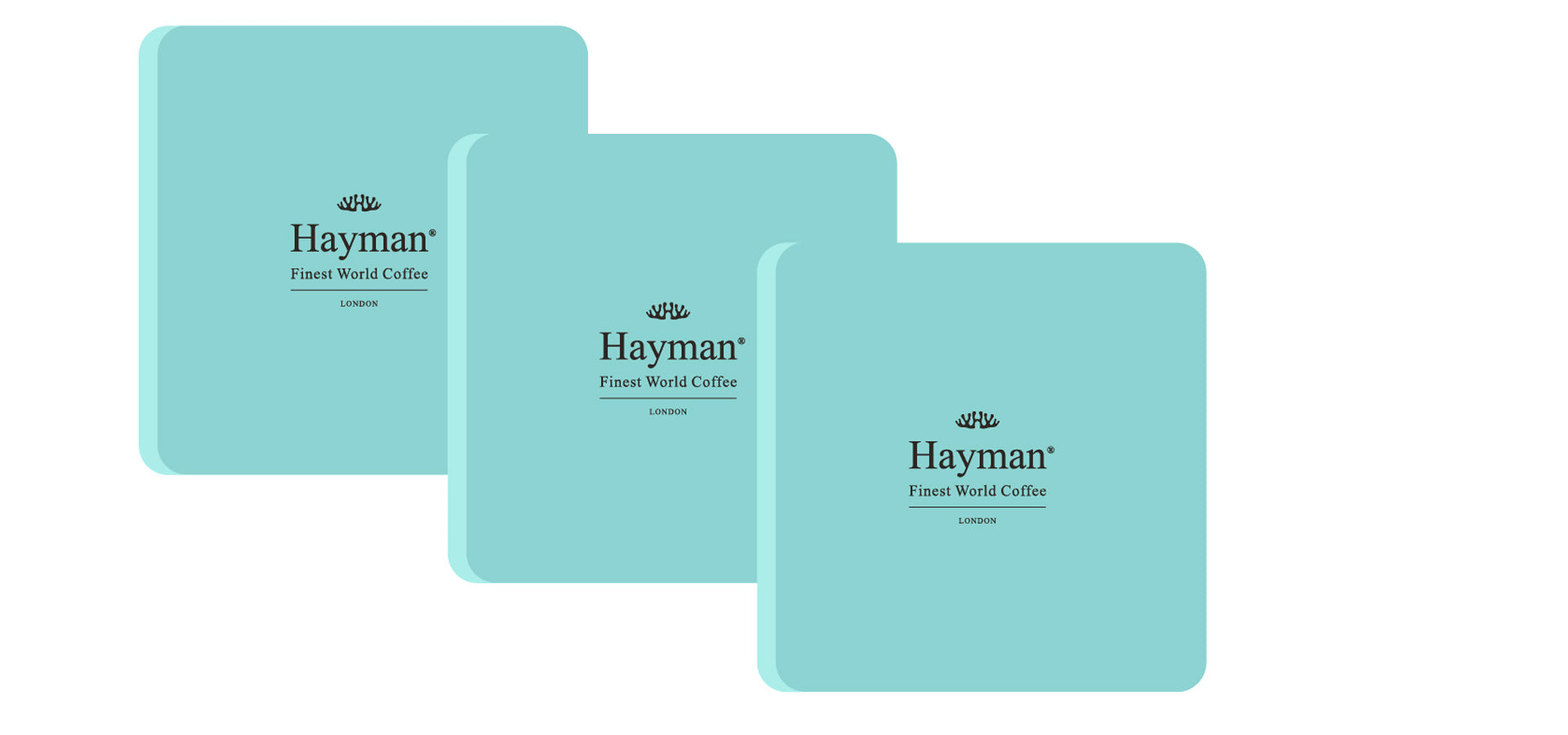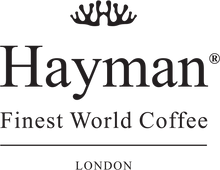Is There Caffeine In Decaf Coffee? | Decaffeinated

You’d be forgiven for thinking this was something of a redundant question. The fact that it’s referred to as decaf coffee suggesting that it couldn’t possibly have any caffeine in it. After all, coffee containing caffeine isn’t decaf – it’s caffeinated coffee.
But when looking at things from a scientific perspective, is there caffeine in decaf coffee? After undergoing whatever processes used to remove the caffeine, is the resulting coffee genuinely decaffeinated?
In a word, the answer is…no.
Is There Caffeine in Decaf Coffee?
Truth is, there isn’t an approach to decaffeinating coffee that can successfully remove 100% of the caffeine. It simply isn’t possible when processing coffee beans on a commercial scale. As such, it’s inevitable that irrespective of the decaffeination process chosen, there will always be trace amounts of caffeine leftover.
Or to put it another way, decaf coffee is technically still caffeinated. At least, to a rather modest extent.
These days, the vast majority of decaffeination processes are based around the use of hot water. The water is used to extract both the essential compounds and the caffeine from green coffee beans, the caffeine is then removed from the water and the flavour/aroma compounds re-introduced to the beans. There’s of course more to it than this, but this is basically how it works.
In order for the decaffeination process to be considered successful and the resulting product be labelled as decaffeinated, a minimum of 97% of the caffeine needs to be removed. Or to put it another way, decaf coffee contains approximately 3% of the caffeine originally present in the beans.
The problem being that this doesn’t actually tell anyone a great deal regarding how much caffeine there is in decaf. We know there is approximately 3% of the original caffeine content, but we’ve no idea how much caffeine was in there in the first place. What’s more, we also know that certain types of coffee beans contain significantly more caffeine than others.
Robusta coffee typically contains twice as much caffeine as Arabica coffee, for example.
So unless the manufacturer specifically states exactly how much caffeine there is in your decaf, there’s no realistic way of finding out.
Modest Caffeine Content in Decaffeinated
Despite the fact that decaffeinated coffee always contains a certain amount of caffeine, it typically presents in such low quantities that you’re unlikely to notice it’s there. Assuming 97% of the caffeine has been removed, this means you’d have to drink approximately 30 cups of decaf coffee to feel the same effects as you’d experience from 1 cup of caffeinated coffee.
No matter how much you love your java, you’re probably not going to take things to such extremes!
In any case, research would seem to suggest that for those with no specific aversions, moderate intake of caffeine on a regular basis can have a positive impact on human health. So while there may be trace amounts of caffeine in all types of decaf, any residual caffeine left in there only stands to do you good!
At Hayman’s online coffee store, you will find the world’s best decaf. Contrary to most other decaf coffees, which are decaffeinated using potentially harmful solvents and chemicals, Hayman’s splendid Mexico Chiapas Organic Decaf is decaffeinated through the innovative Mountain Water Process, a 100% chemical-free decaffeination method. Click here to order our incredible Mexico Chiapas Organic Decaf today, we ship worldwide!
